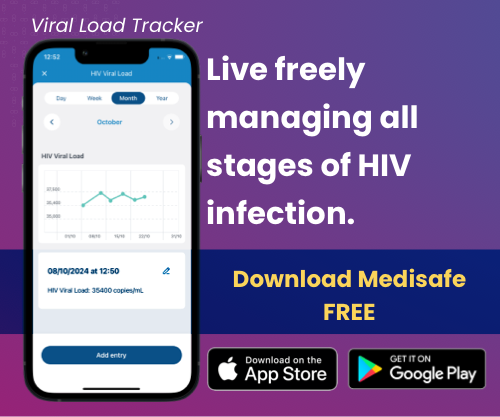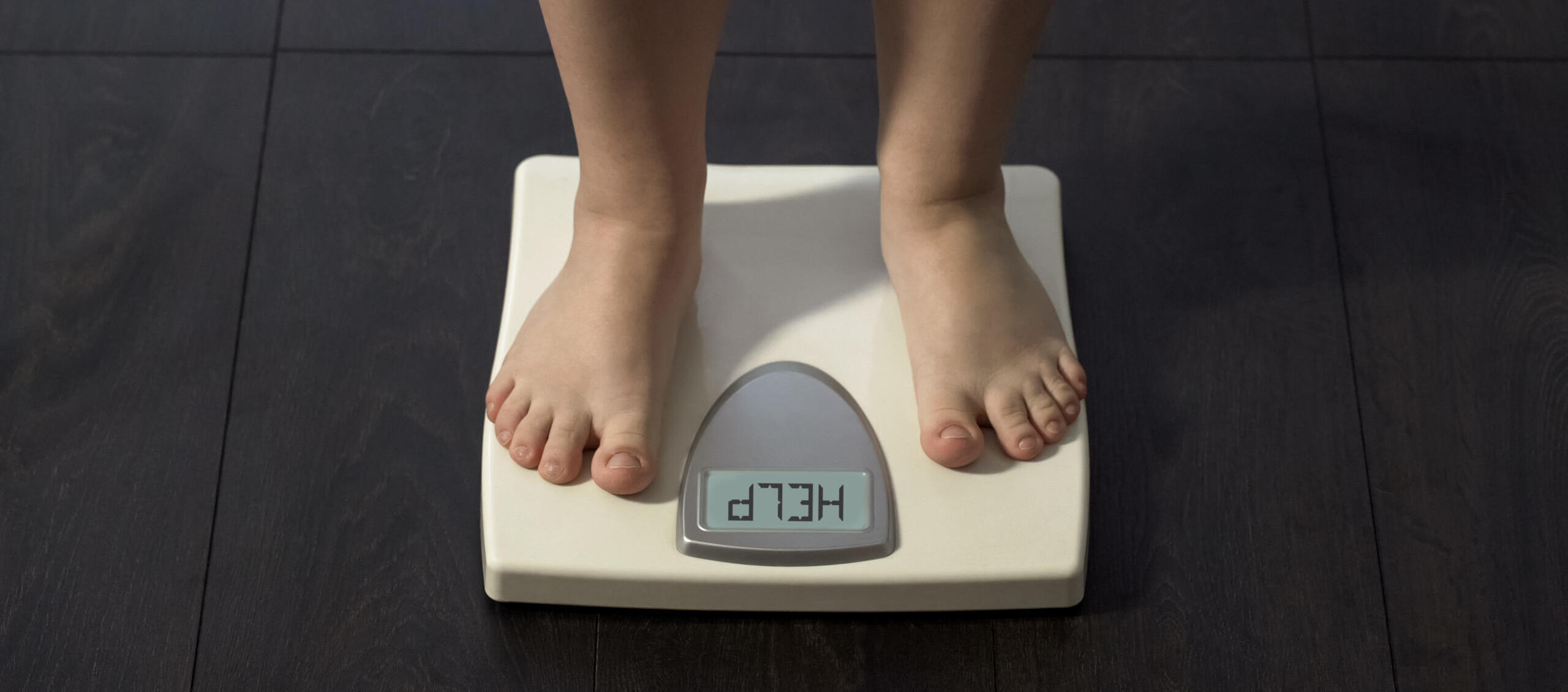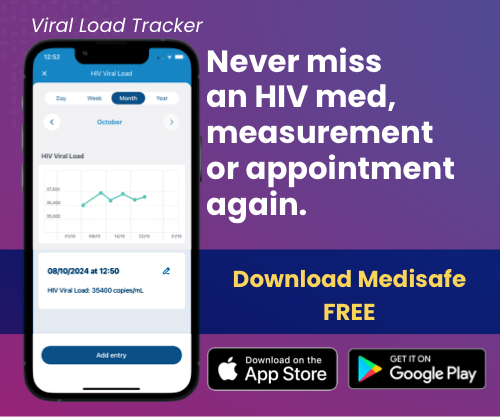https://hivweightloss.com/thanks/
If you or a loved one has recently been diagnosed with HIV, you might be wondering about how the virus affects your body, especially when it comes to weight. You may have heard about people losing weight because of HIV, but can you actually gain weight if you’re living with the virus? The answer is yes—gaining weight with HIV is possible, and understanding how HIV impacts weight can help you manage it more effectively.
How Does HIV Affect Weight?
HIV can impact a person’s weight in multiple ways, and for many, the initial concern is usually weight loss. Weight loss occurs because HIV affects the immune system and can increase the body’s energy demands, cause muscle wasting, and affect nutrient absorption. Conditions like HIV-associated wasting syndrome can lead to significant unintentional weight loss.
However, weight gain with HIV is also possible, particularly when treatment begins and the virus is well-managed. For some, weight gain might even become a concern, especially in the context of long-term antiretroviral therapy (ART). ART helps control the virus, allowing people with HIV to regain their appetite, absorb nutrients more effectively, and stabilize their immune system—all of which can contribute to weight gain.
Gaining Weight with HIV: What to Expect
Weight gain can happen in a few different scenarios for people with HIV:
-
- Starting ART: After beginning antiretroviral therapy, many people notice weight gain as their body recovers. This is a positive sign that the treatment is working. When HIV is suppressed, the body’s metabolism starts to normalize, leading to improved nutrient absorption and the ability to regain weight, particularly if weight loss was a previous issue.
-
- Fat redistribution: One unique aspect of HIV-related weight gain is a condition called lipodystrophy, which is a redistribution of fat that occurs in some people taking ART. Rather than a typical, even weight gain, fat may accumulate in certain areas of the body (like the abdomen or back of the neck), while other areas, like the limbs or face, may lose fat. This type of weight gain can be distressing and requires monitoring by a healthcare provider to determine the best management approach.
-
- Normal weight gain: As with anyone, lifestyle factors like diet and exercise play a major role in whether a person with HIV gains or loses weight. As people with HIV live longer, healthier lives thanks to ART, the same weight-related challenges faced by the general population—such as poor diet or lack of exercise—can lead to weight gain.
 Managing Healthy Weight with HIV
Managing Healthy Weight with HIV
Whether you are gaining or losing weight with HIV, maintaining a healthy weight is crucial for overall well-being. Here are some tips to help manage weight effectively:
-
- Nutrition: Work with a healthcare provider or nutritionist to develop a diet that meets your specific needs. A balanced diet rich in nutrients, protein, and healthy fats can help manage both weight gain and weight loss.
-
- Exercise: Incorporating regular physical activity, including both cardio and strength training, can help maintain muscle mass, regulate fat distribution, and improve overall health.
-
- Monitor ART: While ART is essential for managing HIV, it’s important to discuss any side effects, including weight changes, with your healthcare provider. Adjustments to your treatment plan may be necessary if you experience excessive weight gain or fat redistribution.
HIV Weight Gain vs. Other Chronic Immunodeficiency Diseases
HIV is a chronic immunodeficiency disease, but it’s not the only one. Other conditions, such as severe combined immunodeficiency (SCID) or common variable immune deficiency (CVID), also affect the immune system. While these conditions share similarities with HIV in terms of immune function, there are notable differences when it comes to weight changes.
In diseases like SCID or CVID, weight loss is more commonly associated with malnutrition, chronic infections, or failure to thrive, especially in untreated cases. However, the availability of antiretroviral therapy in HIV has changed the weight profile for many people with HIV, allowing for better control over the virus and, in some cases, weight gain.
Other immunodeficiency diseases may not cause the same fat redistribution patterns seen in HIV, such as lipodystrophy, and the impact of treatment on weight is different due to the varying nature of medications used for each condition.
Yes, you can gain weight with HIV, especially if you’re on effective antiretroviral therapy (ART) and taking steps to manage your overall health. Weight gain can be a sign that your body is recovering, but it’s important to be mindful of healthy weight management practices to avoid potential complications like lipodystrophy or unhealthy fat accumulation. Maintaining a balanced diet, exercising regularly, and staying in close contact with your healthcare provider will help you manage your weight, whether you’re dealing with weight gain or loss.
Remember, every person’s experience with HIV is different, and weight changes can vary based on individual factors, treatment, and overall health. Don’t hesitate to reach out to your healthcare team for personalized guidance on managing your weight and living well with HIV.



